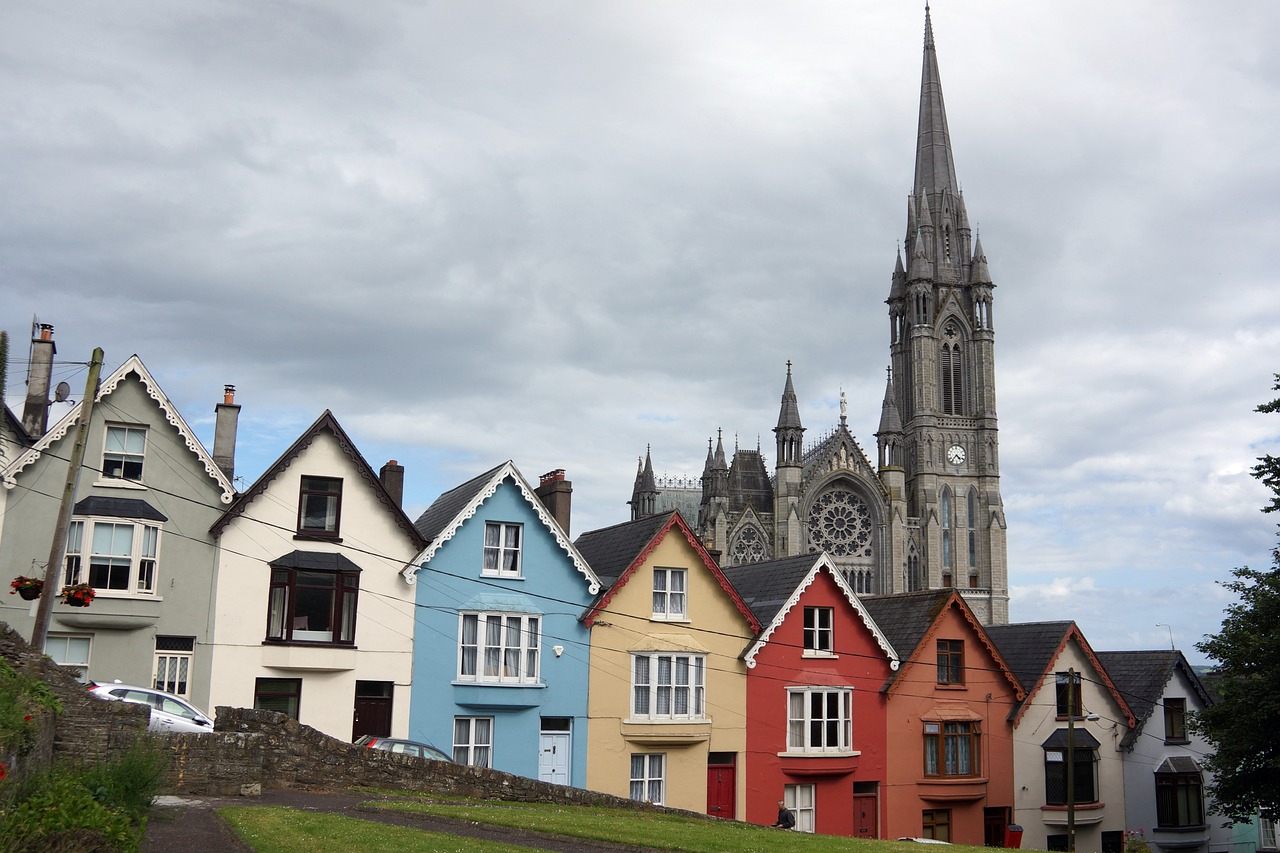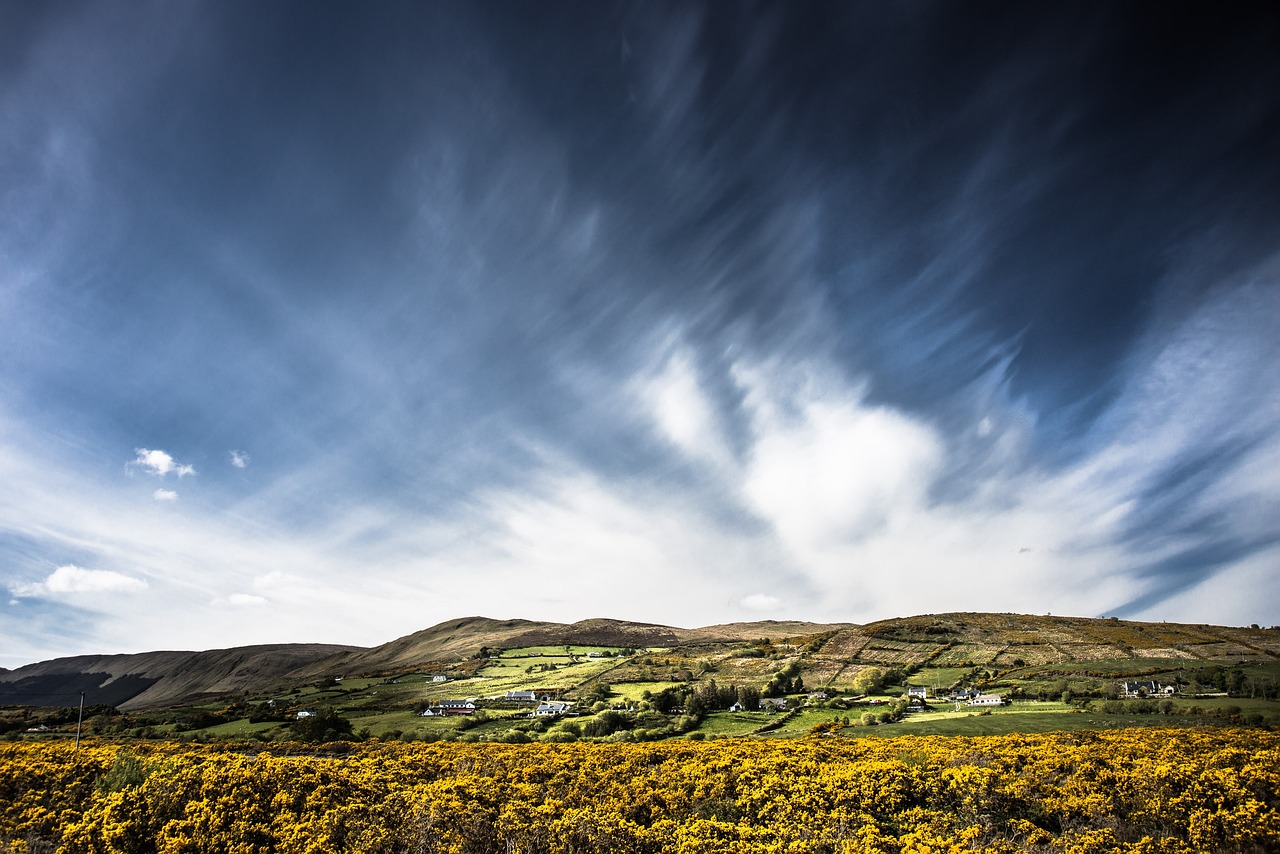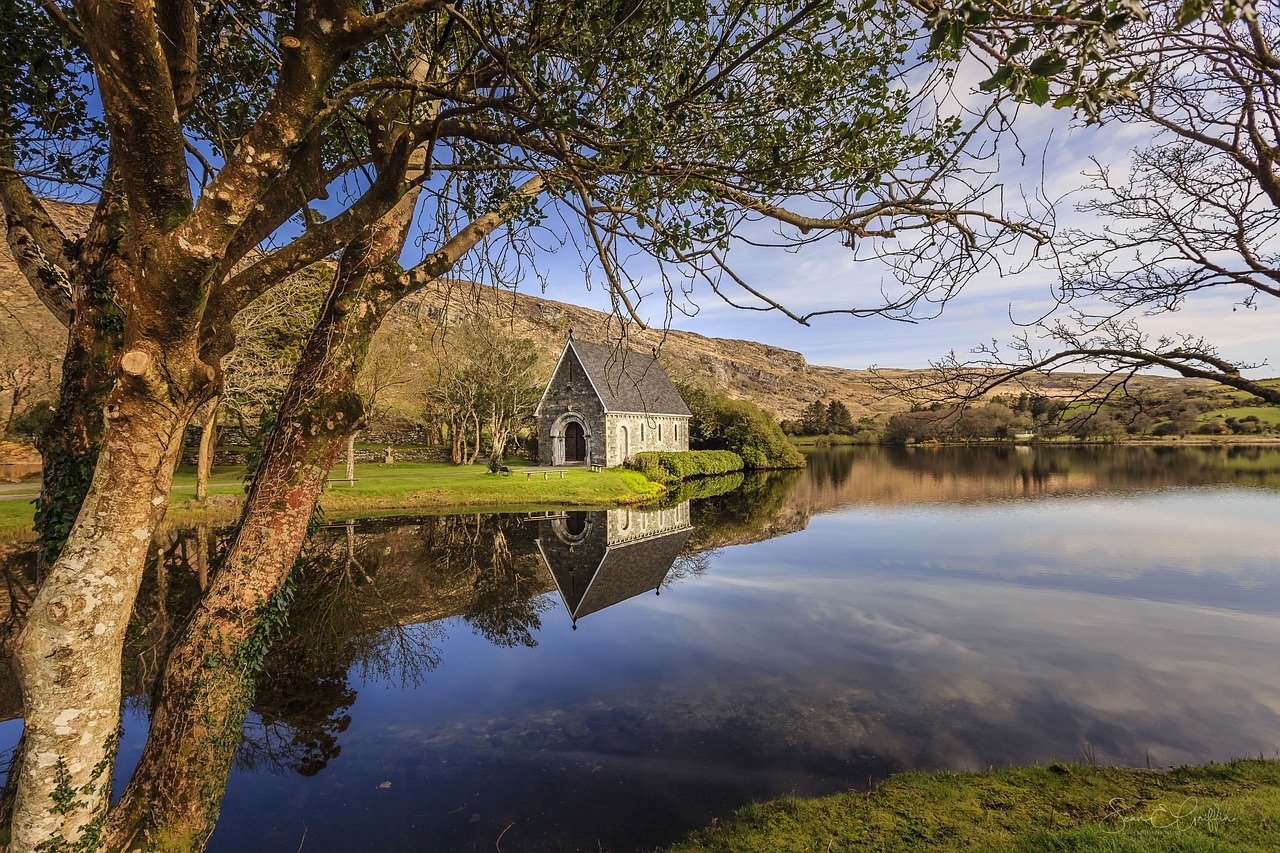Emergency Services: What to Know While in Ireland
Ireland is a beautiful country known for its stunning landscapes, rich history, and warm hospitality. While visiting Ireland, it’s essential to familiarize yourself with the emergency services available in case of any unforeseen circumstances. This article will provide you with detailed information on emergency services in Ireland, ensuring you have a safe and worry-free trip.
1. Medical Services
When it comes to medical emergencies in Ireland, the primary emergency service is the National Ambulance Service (NAS). The NAS provides pre-hospital emergency care and transportation to hospitals across the country. In case of a medical emergency, dial 112 or 999 to reach the emergency services.
- Ambulance Services: The NAS operates a fleet of ambulances equipped with advanced medical equipment and staffed by highly trained paramedics.
- Emergency Departments (ED): Ireland has a network of hospitals with dedicated Emergency Departments that provide 24/7 emergency medical care.
- General Practitioners (GPs): For non-emergency medical issues, you can visit a General Practitioner (GP) or family doctor.
These ambulances are strategically stationed throughout the country to ensure a timely response to emergencies.
If you require immediate medical attention, head to the nearest ED for assessment and treatment.
GPs provide primary healthcare services and can refer you to specialists if needed.
2. Fire and Rescue Services
In the event of a fire or any other emergency requiring the assistance of fire and rescue services, dial 112 or 999. The primary fire and rescue service in Ireland is the Fire Service, operated by local authorities.
- Fire Stations: Ireland has fire stations strategically located across the country.
- Fire Safety: It is essential to familiarize yourself with fire safety measures, such as knowing the location of fire exits and following evacuation procedures.
- Fire Prevention: Taking preventive measures can significantly reduce the risk of fire incidents.
These stations are equipped with firefighting apparatus and staffed by trained firefighters.
Make sure to follow any fire safety instructions provided by your accommodation or public spaces.
Ensure you don’t leave cooking unattended, properly extinguish cigarettes, and avoid overloading electrical outlets.
3. Police Services
The police service in Ireland is known as An Garda Síochána. In case of a non-emergency situation requiring police assistance, dial 112 or 999. The police can provide assistance with various issues, including crime reporting, public safety, and traffic-related matters.
- Garda Stations: Garda Stations are located throughout Ireland and serve as local police stations.
- Community Policing: An Garda Síochána actively engages in community policing initiatives to maintain a safe and secure environment.
- Traffic Corps: The Traffic Corps handles traffic-related matters, including road safety enforcement and accident investigations.
If you need to report a crime or seek general police assistance, visit the nearest Garda Station.
They work closely with local communities to address concerns and build strong relationships.
If you encounter any traffic-related issues or witness an accident, contact the police for assistance.
4. Coast Guard
Ireland’s Coast Guard is responsible for maritime search and rescue operations, coastal safety, and marine pollution control. In case of maritime emergencies or incidents along the coast, dial 112 or 999.
- Rescue Coordination Centers: Ireland has three Rescue Coordination Centers located in Dublin, Malin, and Valentia.
- Coast Guard Units: The Coast Guard operates a network of units along the coast, equipped with specialized rescue equipment and highly trained personnel.
- Water Safety: When engaging in water activities, it’s crucial to prioritize safety.
These centers coordinate search and rescue operations and provide vital assistance to those in distress at sea.
These units respond to maritime emergencies and provide assistance to those in need.
Follow water safety guidelines, wear appropriate safety equipment, and be mindful of weather conditions.
5. Mountain Rescue
Ireland’s mountainous regions offer breathtaking landscapes for outdoor enthusiasts. However, accidents and emergencies can occur while hiking or mountaineering. In such situations, the Mountain Rescue service can be contacted through the emergency services by dialing 112 or 999.
- Mountain Rescue Teams: Ireland has several Mountain Rescue Teams composed of highly skilled volunteers.
- Preparation and Safety: Before embarking on a mountainous adventure, ensure you are adequately prepared.
- Emergency Beacons: Consider carrying an emergency beacon, such as a Personal Locator Beacon (PLB), which can help rescuers locate you in case of an emergency.
These teams specialize in rescuing individuals in remote and challenging mountainous terrains.
Carry appropriate equipment, be aware of weather conditions, and inform others about your plans.
These devices can be a lifesaver if you become lost or injured in remote areas.
6. Poison Information
In case of accidental poisoning or exposure to toxic substances, the National Poisons Information Centre (NPIC) provides expert advice and guidance. The NPIC can be contacted 24/7 at their helpline: 01 809 2166.
- Immediate Actions: If someone has ingested a potentially harmful substance, take immediate action.
- Identification: Provide the details of the substance ingested or encountered, if known.
- Prevention: Keep potentially harmful substances out of reach of children and ensure proper storage.
Call the NPIC helpline for guidance and, if necessary, seek medical attention.
This information can assist the experts in providing appropriate advice and treatment recommendations.
Follow safety instructions on product labels and dispose of expired or unused medications safely.
Ireland Image 1:

7. Roadside Assistance
If you encounter any vehicle-related issues while traveling in Ireland, several roadside assistance services can help you. The Automobile Association (AA) and the Royal Automobile Club (RAC) both provide breakdown assistance and recovery services.
- Breakdown Assistance: The AA and RAC offer 24/7 breakdown assistance throughout Ireland.
- Recovery Services: In case your vehicle cannot be repaired on the spot, these services can arrange for recovery and transportation to a nearby garage.
- Membership: Consider becoming a member of the AA or RAC for added peace of mind during your journey.
If your vehicle breaks down, contact their helpline for prompt assistance.
They can also assist with flat tires, battery jump-starts, and other minor vehicle issues.
Membership provides access to a range of benefits, including roadside assistance and discounts at partner establishments.
8. Air Ambulance Services
In critical medical situations where rapid transportation is required, air ambulance services can be deployed. The Irish Community Rapid Response (ICRR) organization operates air ambulances in Ireland, providing emergency medical interventions and rapid transfer to hospitals.
- Air Ambulance Helicopters: The ICRR operates a fleet of helicopters equipped with state-of-the-art medical equipment and staffed by highly trained medical professionals.
- Emergency Helpline: In case of a medical emergency requiring air ambulance assistance, dial 112 or 999.
- Availability: Air ambulance services are subject to availability and the severity of the medical situation.
These helicopters can rapidly respond to medical emergencies, particularly in remote areas.
Provide accurate details about the location and nature of the emergency for a swift response.
They are primarily used for critical cases where time is of the essence.
9. Mental Health Support
If you or someone you know is facing a mental health crisis while in Ireland, several helplines and services are available to provide support and assistance.
- Samaritans: The Samaritans offer emotional support and a listening ear to those in distress.
- Pieta House: Pieta House provides support for those experiencing suicidal ideation or self-harm.
- Emergency Departments: If someone is in immediate danger, contact the nearest Emergency Department or dial 112 or 999.
They can be reached 24/7 at their helpline: 116 123.
Contact their helpline at 1800 247 247 for assistance.
They can provide urgent psychiatric assessment and intervention.
Ireland Image 2:

10. Emergency Shelter
In the event of a crisis or displacement requiring emergency shelter, Ireland has various organizations and services to provide assistance.
- Simon Community: The Simon Community is a charity organization that supports individuals experiencing homelessness.
- Women’s Aid: Women’s Aid offers support and shelter for women and children experiencing domestic abuse.
- Homeless Helpline: The Homeless Helpline (1800 707 707) provides information and assistance to those facing homelessness or at risk of becoming homeless.
They provide emergency accommodation and support services throughout Ireland.
If you or someone you know is in immediate danger, contact their helpline at 1800 341 900.
They can connect individuals with appropriate support services.
11. Natural Disasters
While Ireland is not prone to major natural disasters, it’s important to be aware of potential risks and how to stay safe.
- Weather Alerts: Stay updated on weather alerts issued by Met Éireann, Ireland’s national meteorological service.
- Flooding: In areas prone to flooding, be cautious and follow advice from local authorities.
- Severe Storms: During severe storms, stay indoors and secure loose objects that could cause damage or injury.
Follow any instructions or warnings provided by local authorities.
Avoid driving through flooded areas and be aware of potential hazards.
Avoid coastal areas and be mindful of falling trees or debris.
Ireland Image 3:

12. References
– National Ambulance Service: www.nas.ie
– An Garda Síochána: www.garda.ie
– Irish Coast Guard: www.gov.ie/coastguard
– Mountain Rescue Ireland: www.mountainrescue.ie
– National Poisons Information Centre: www.npic.ie
– Automobile Association: www.theaa.ie
– Royal Automobile Club: www.rac.co.uk
– Irish Community Rapid Response: www.icrr.ie
– Samaritans: www.samaritans.org
– Pieta House: www.pieta.ie
– Simon Community: www.dubsimon.ie
– Women’s Aid: www.womensaid.ie
– Met Éireann: www.met.ie

